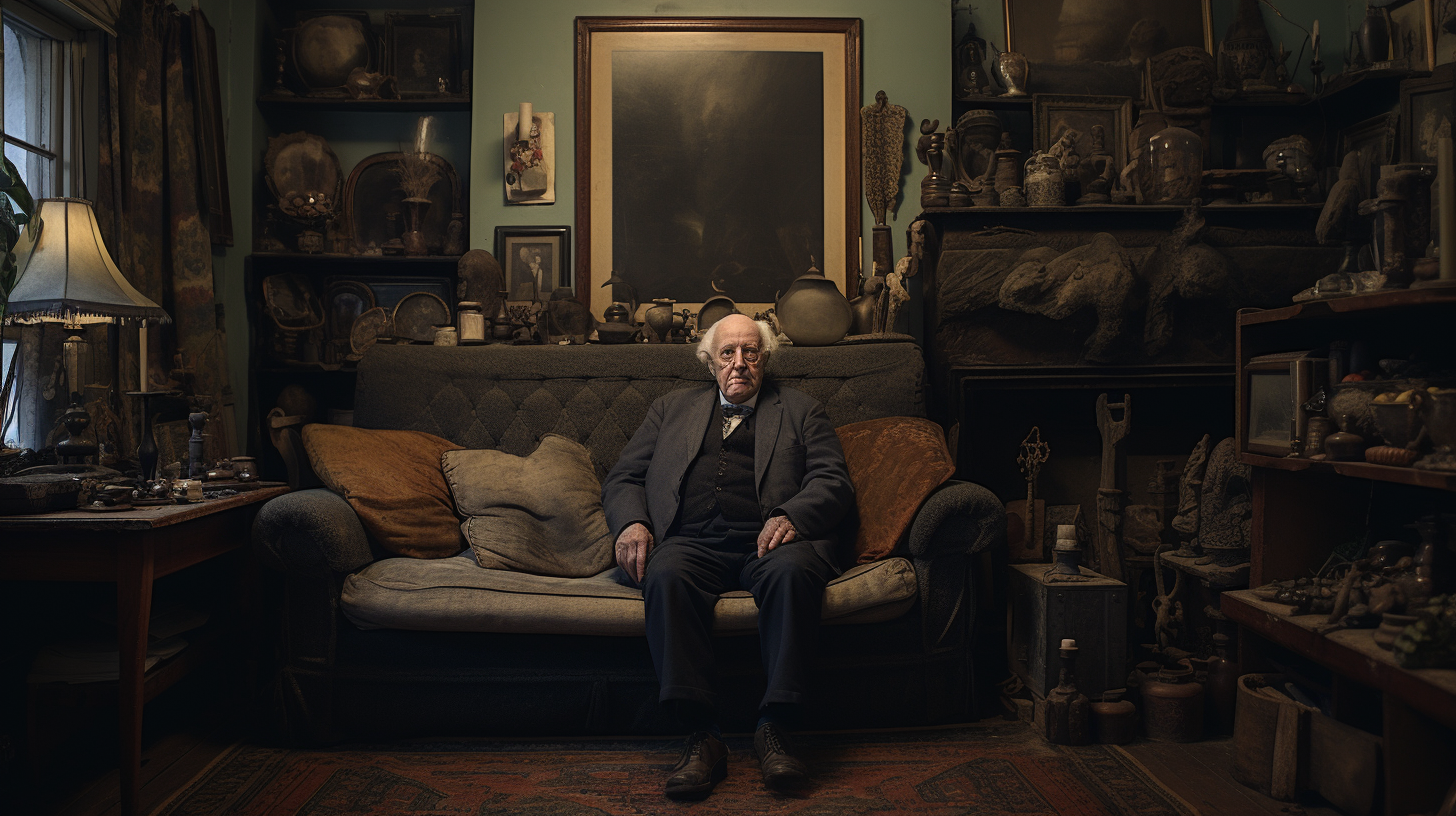Early Life
John Bodkin Adams was born in Randalstown, Northern Ireland, and was raised in a deeply religious Plymouth Brethren family. He studied medicine at Queen’s University Belfast and graduated in 1921. After working in various positions, he moved to Eastbourne in 1922, where he built up his private practice.
Patient Relationships
Adams’s practice flourished, particularly among the elderly and wealthy in Eastbourne. He was known for making frequent house visits and became a confidant to many of his patients. Some of these relationships led to generous bequests and gifts to Adams, including properties and valuable possessions.
Medical Controversies
Concerns about Adams’s medical practices were not limited to the suspected murders. His approach to pain management and his prescription of controlled substances were questioned by fellow medical practitioners and pharmacists. These concerns eventually led to a deeper investigation.
The Investigation
The police began a full-scale investigation into Adams’s practice, led by Detective Superintendent Herbert Hannam. The investigation found evidence of irregularities in the doctor’s handling of patients’ wills and his administration of drugs. The case was built around several suspicious deaths, but charges were brought only in the cases of Edith Alice Morrell and Gertrude Hullett.
The Trial
The trial was sensational, marked by intense media coverage. The prosecution’s case was hindered by a lack of concrete evidence and inconsistencies in witness testimonies. The defense successfully challenged the medical evidence, and the jury ultimately acquitted Adams of murdering Morrell. The second charge relating to Hullett was dropped.
Professional Repercussions
Adams’s acquittal on the murder charge did not end his legal troubles. He faced a disciplinary hearing by the General Medical Council and was found guilty of multiple professional misconduct charges. He was removed from the Medical Register but successfully reapplied for registration in 1961. However, the shadows of the trial continued to affect his practice and reputation.
Impact and Legacy
The Adams case had a lasting impact on medical and legal practices in the United Kingdom. It led to reforms in how doctors were overseen and the relationships they could have with their patients. The case also influenced how wills were handled and led to changes in the laws regarding inheritance.
The continued public fascination with the case has kept it alive in popular culture, with several authors, filmmakers, and journalists revisiting the story. The ambiguity around Adams’s guilt or innocence, the ethical dilemmas posed by his relationships with patients, and the dramatic elements of the trial continue to make the case of Dr. John Bodkin Adams a subject of study and intrigue.
